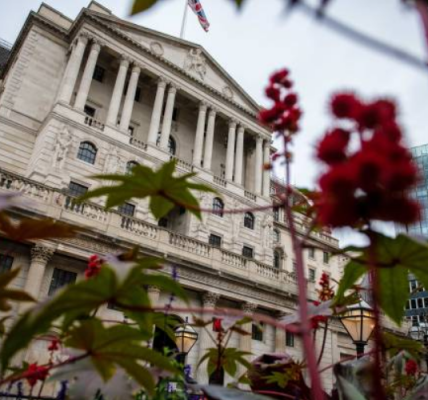Several weeks ago, Prime Minister Sir Keir Starmer met with members of the Terrance Higgins Trust to take an HIV test in 10 Downing Street. It is believed that he is the first leader of the G7 to openly take the test that seeks to identify the disease early in the bloodstream; so as to reduce the risk of fatality, whilst increase the life expectancy of the patients with a positive test.
Now, most would question the relevance of taking a test for disease that is thought by many to be largely eradicated. After all, it has been nearly 30 years since the AIDs epidemic of the 1990s reached its zenith, as the rate of infection has steadily declined each year across Europe and North America. But for many the threat of infection remains a very real threat even today as it is estimated that around 113,000 people in the U.K alone suffer from HIV a further 1.2 million are known to have it in the U.S. But whilst those in the West have the benefit of affordable healthcare and public health systems such as the NHS, there are those south of the equator who are most susceptible to the spread of HIV, and who’s resources to deal with it are being reduced by the day.
Whilst HIV gathered most of its public repertoire from its western outbreak in the 1980s and 90s, HIV first started in West Africa where it spread across the continent from the 1930s onwards. Due to mass public outcry of the 80s and 90s to eliminate the disease both at home and at its source sought to billions of dollars were funnelled into research, HIV testing and health clinics, yet the disease remains a present threat to vulnerable people. Today, Africa maintains the largest burden of those affected by HIV, with 20 million estimated to be suffering in east and southern Africa, with a further 4 million thought to be ailing in West Africa, according to the World Health Organisation’s (WHO) statistics. There are multiple reasons for this, one of which is the obvious lack of funding and medical infrastructure attributed to much of the continent compared to the West. But there remains a greater long-term fear that a lack of education and awareness I areas most affected, leave vulnerable people to be blinded by the affects of the disease, only allowing it to spread further.
Now, there has been success in reducing the spread of HIV through overseas aid, funded through direct state sponsoring. Initiatives led by the likes for USAID has allowed the global number of those infected to be reduced by 60% since 1995. But since the Trump administration has suspended all funding to USAID earlier in his precedency, many clinics, particularly in Uganda and South Africa have been left unmanned, throwing the AIDs issue in these countries into turmoil.
So, with well-established clinics helping to save communities across Sub-Saharan Africa seamlessly swept away overnight, the mission to reduce the spread of HIV in developing countries has returned to square one. But this brings us back to why the Prime Minister’s public show of support towards HIV testing is so significant in light of recent events. You see, one of the greatest challenges with eliminating the spread of HIV comes with eliminating negative stigma towards the afflicted. Because HIV is a sexually transmitted disease there can be a sense of embarrassment for those who aren’t infected by hereditary means, and as disproportionate amount of those affected are homosexuals, a positive test may be far worse than public scrutiny. Whilst in the West it is not illegal to form same-sex partnerships, many countries on the continent of Africa have abusive laws targeting the LGBT community with imprisonment, as countries such as Tanzania, Uganda, Zimbabwe and more all have extensive laws imprisoning anyone caught having homosexual relations. Its thus no surprise to see why testing for HIV in those countries is discouraged, thus only reducing effectiveness of countermeasures.
But, by being one the first world leaders to publicly take a test, Starmer helped reduce the stigma surrounding this disease. Both the Prime Minister and the Terrance Higgins Trust showed that taking an HIV test can have as much of the privacy and effectiveness as taking a Covid-19 test, something billions of us are familiar with having been through the global pandemic just a few years ago. With a lack of funding from American state department, cheaper and efficient methods of testing and targeting, paired with the encouragement of world leaders both at home and abroad, could be the way to continue the good work already that foreign aid has already done in tackling HIV once and for all.






